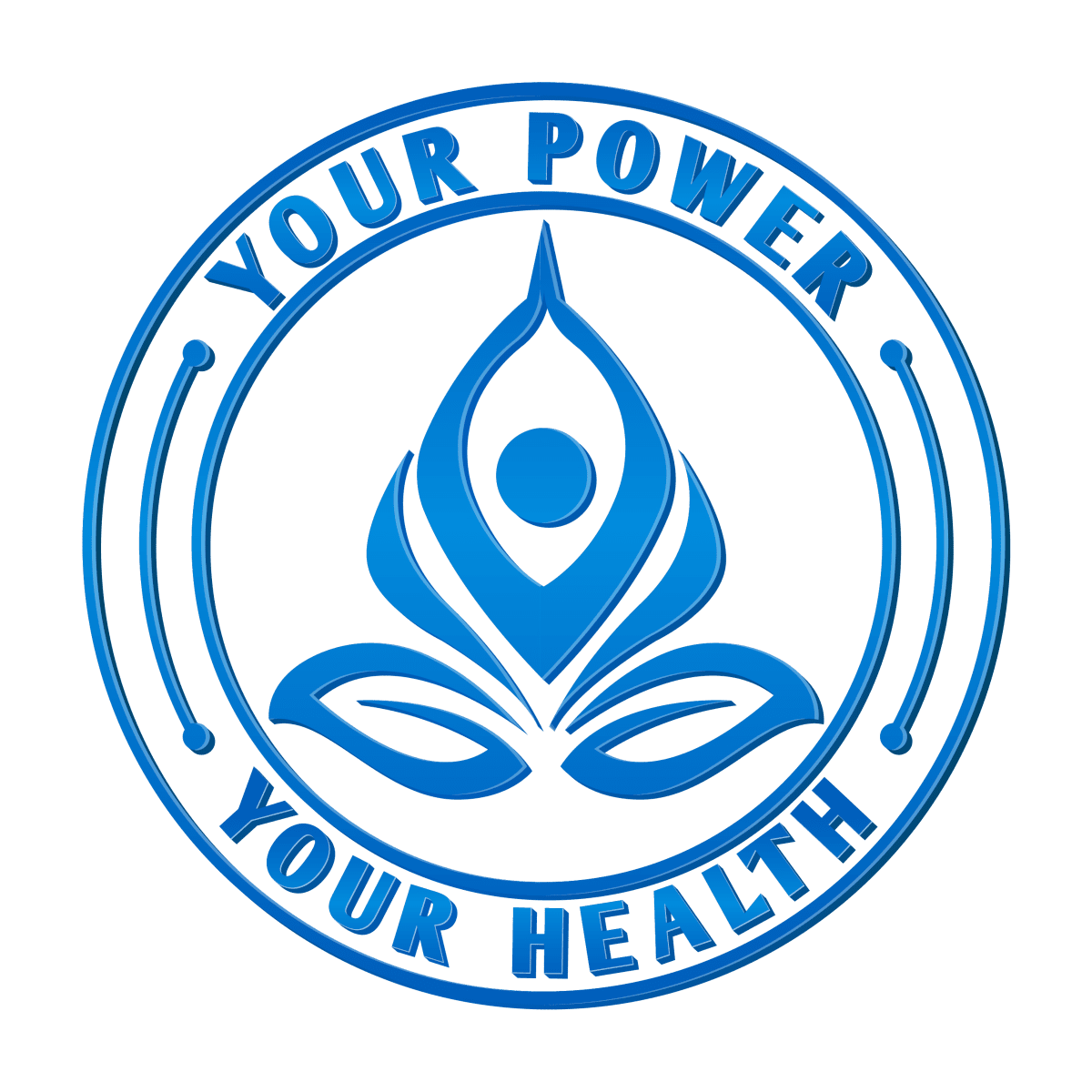When someone is sick, worrying about the patient is always natural. But what about the caregiver? I believe the caregiver has the harder job. Now, I know being sick is never a walk in the park. I have been on both sides of that situation. The people in my life were very attentive to my needs, so in my case, all I had to do was be sick.
But what about someone who is in a long-term situation where the patient’s condition doesn’t improve and/or the demands on the caregiver are extremely taxing? According to Today’s Caregiver magazine, caregiver stress syndrome is characterized by physical, mental, and emotional exhaustion. It typically results from the person neglecting their own self-care because they are so focused on the care and well-being of the person who is the subject of their care.
Caregiver stress syndrome significantly affects the well-being of the people caring for their loved ones. It does more than put the caregiver in a bad mood. It can result in depression and other mental health issues as these problems show up for caregivers alarmingly often. This is especially evident in those who care for people in cognitive decline. Studies show that if the patient has Alzheimer’s, the caregiver is 30-40% more likely to suffer from depression. They are also more likely to develop heart disease, their eating habits are poor, and they are more likely to die early.
Several times, I’ve seen what happens to the caregiver after dealing with a seriously ill spouse. In each of the cases, the spouse who was the caregiver was exhausted, lost significant weight, and became ill. They aged more rapidly after they began caring for their partners, and their health situations suffered significantly.
Symptoms of caregiver stress include feelings of hopelessness, helplessness, sadness, frustration, changes in appetite, weight changes up or down, poor sleep, feeling like you want to hurt yourself or the other person, loss of interest in things you once found joy in, irritability, withdrawal and other signs of mental, physical and emotional exhaustion.
There are ways to reduce the impact of caregiver stress. The caregiver must prioritize their own self-care above all else, so ask for help so all the responsibility doesn’t fall completely on one person. Take a break and get other family members, community members, or respite care for periodic relief. Outsource what you can by using low-cost housekeeping, shopping services, and adult daycare. Make sure to schedule time for self-care. Make medical appointments when needed and keep them. Get adequate sleep, eat healthy food, drink plenty of water, and exercise daily. Practice stress-relieving activities like meditation. Find someone you can talk to so you can release some of the pressure.
Taking care of yourself is not selfish or something to feel guilty about – quite the contrary. Taking care of yourself is actually beneficial to the person you care for. Remember, you can’t pour from an empty vessel, so take care not to burn out.
As a health coach, I work with women to find their power to overcome health challenges and live a fuller, happier, more energetic life. If you would like to have a free consultation about the health challenges you have and the improvements you would like to see in your health, click here to schedule a no-strings-attached call.
Note: This article has been updated to include links to the references cited.







Yes being a caregiver can indeed take its toll. I cared for my mum throughout her terminal illness up until her death and I would agree its very difficult to think about yourself when your desperately trying to make everything as comfortable as possible for your dying loved one (while at the same time hoping for a miracle)
I'm so sorry for your loss Dee. I hope you are in a better place now and know that she had great care at the end from someone she loved and who loved her.
What an important message. One of the reasons I became a health coach was to lessen the burden and help women caregivers learn to support themselves with self care and put themselves and their own health first before caring for others, whether it be children or adult parents. Putting your own oxygen mask before taking care of the next person – priority #1. Thanks Karen for another great post.
Thanks for the support Mary Ellen. It's one of my reasons too. Great minds think alike.